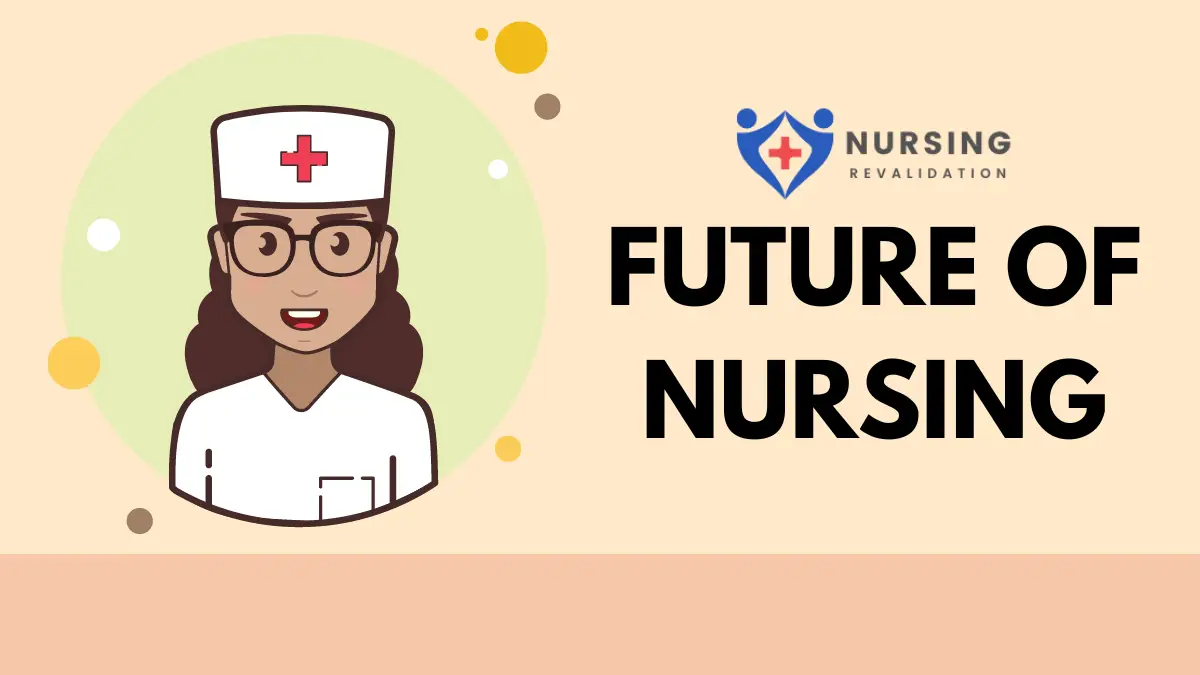In the ever-evolving landscape of healthcare, nurses play a pivotal role in patient care, bridging the gap between medical professionals and patients. With advancements in technology and medicine, the integration of genomic medicine into nursing practice is revolutionizing healthcare delivery. This article explores the profound impact of genomic medicine on nursing, its implications for patient care, and the future of nursing practice.
Understanding Genomic Medicine
Genomic medicine delves into the genetic makeup of individuals to personalize medical care. It involves analyzing an individual’s genetic information to understand susceptibility to diseases, predict treatment outcomes, and tailor interventions accordingly. Through techniques such as genome sequencing and analysis, healthcare professionals can uncover valuable insights into an individual’s health and disease risks.
Table: Real World Applications of Genomic Medicine in Nursing Practice
| Application | Description |
|---|---|
| Pharmacogenomics | Assessing genetic responses to medications to guide dosage adjustments and minimize adverse drug reactions. |
| Oncology | Utilizing genetic testing to inform treatment decisions, develop targeted therapies, and improve patient outcomes and quality of life. |
| Preventive Medicine | Identifying genetic predispositions to certain diseases to implement preventive measures and personalized interventions, mitigating health risks effectively. |
| Patient Education | Empowering patients with knowledge about their genetic makeup, enabling informed decision-making regarding their health and treatment options. |
The Role of Nurses in Genomic Medicine
Nurses are uniquely positioned to incorporate genomic medicine into their practice, leveraging their expertise in patient education, advocacy, and holistic care. They serve as frontline caregivers, interacting closely with patients across diverse healthcare settings. By embracing genomic medicine, nurses can empower patients with knowledge about their genetic predispositions, enabling informed decision-making regarding their health.
Challenges and Opportunities
While the integration of genomic medicine into nursing practice holds immense potential, it also presents challenges. Nurses require specialized training and education to interpret genetic data accurately and effectively communicate complex information to patients. Additionally, ethical considerations surrounding genetic testing and privacy concerns necessitate careful navigation.
However, these challenges also present opportunities for professional growth and innovation within the nursing profession. Continuous education and training programs can equip nurses with the necessary skills to navigate the complexities of genomic medicine confidently. Collaboration with multidisciplinary teams comprising genetic counselors, physicians, and researchers fosters a holistic approach to patient care.
Implications for Patient Care
The integration of genomic medicine into nursing practice has profound implications for patient care. By identifying genetic predispositions to certain diseases, nurses can implement preventive measures and personalized interventions to mitigate risks effectively. Moreover, genetic information facilitates the selection of tailored treatment modalities, optimizing therapeutic outcomes and minimizing adverse effects.
Real-World Applications
Several real-world applications exemplify the integration of genomic medicine into nursing practice. For instance, pharmacogenomics enables nurses to assess patients’ genetic responses to medications, guiding dosage adjustments and minimizing adverse drug reactions. In oncology, genetic testing informs treatment decisions and facilitates the development of targeted therapies, leading to improved patient outcomes and quality of life.
The Future of Nursing Practice
As genomic medicine continues to evolve, nurses must adapt to meet the changing needs of patients and healthcare systems. Embracing lifelong learning and staying abreast of technological advancements are crucial for maintaining competency in genomic nursing practice. Furthermore, advocacy for policy changes and increased access to genetic testing ensures equitable distribution of genomic healthcare services.
Conclusion
The integration of genomic medicine into nursing practice represents a paradigm shift in healthcare delivery, offering personalized and precision-based approaches to patient care. Nurses play a vital role in harnessing the potential of genomic medicine, advocating for patient-centered care and embracing innovation. By staying informed, proactive, and collaborative, nurses can navigate the complexities of genomic medicine and lead the way towards a brighter future for healthcare.

